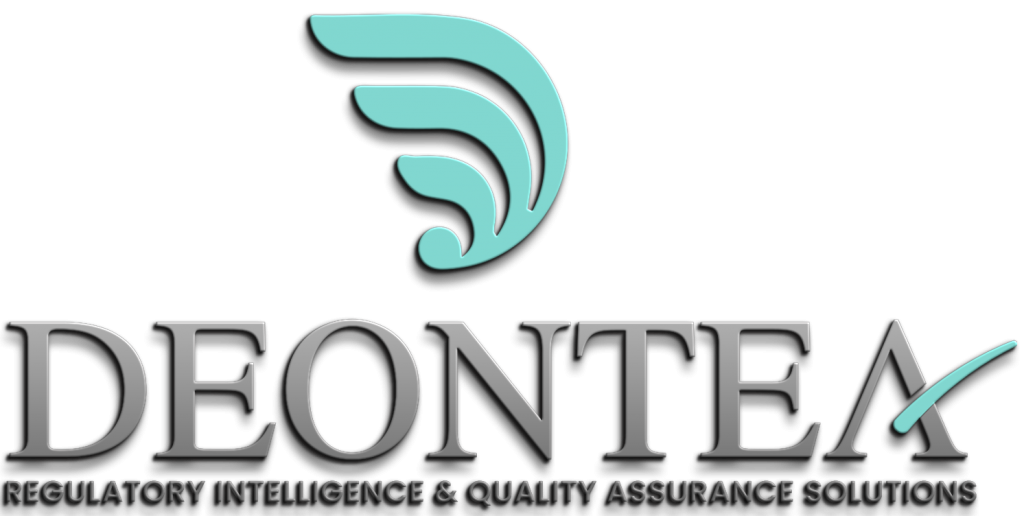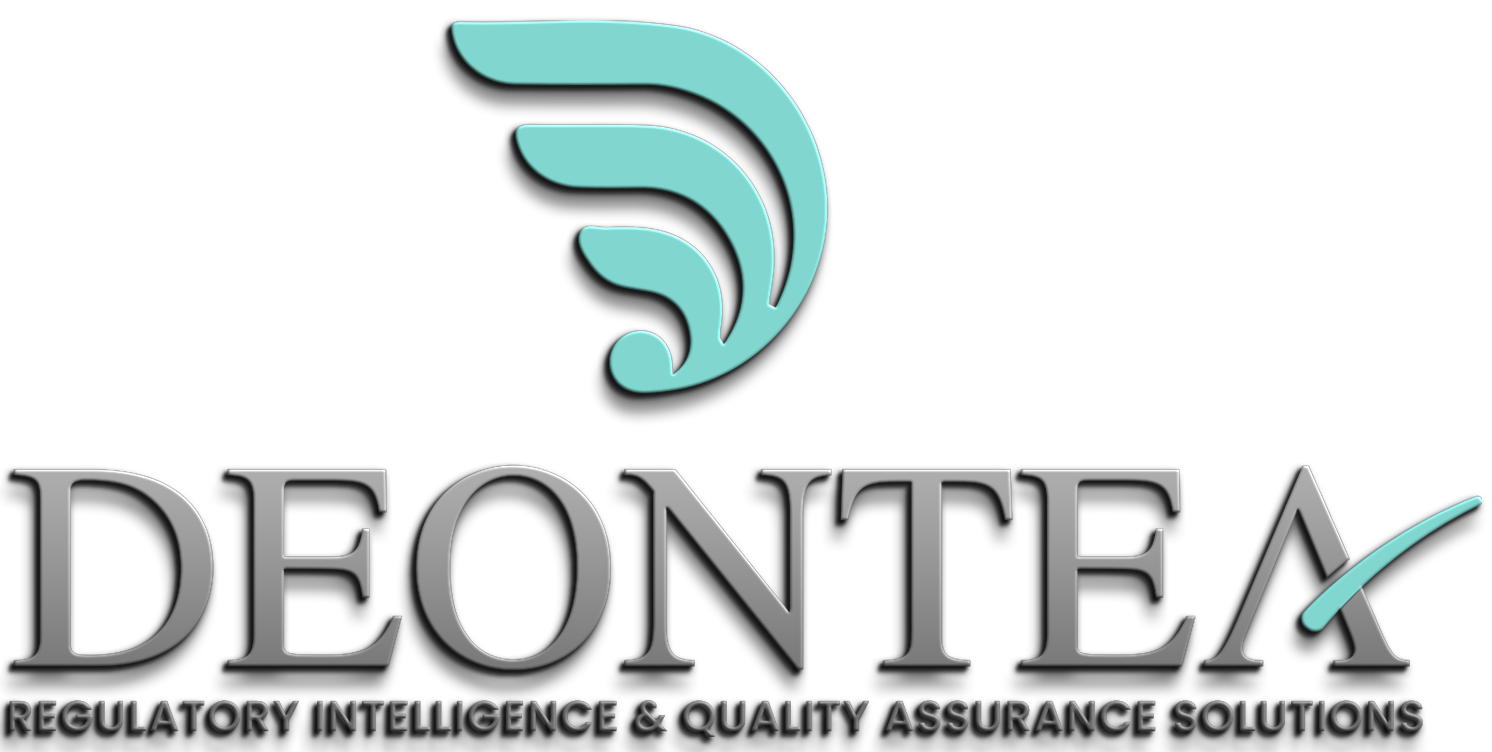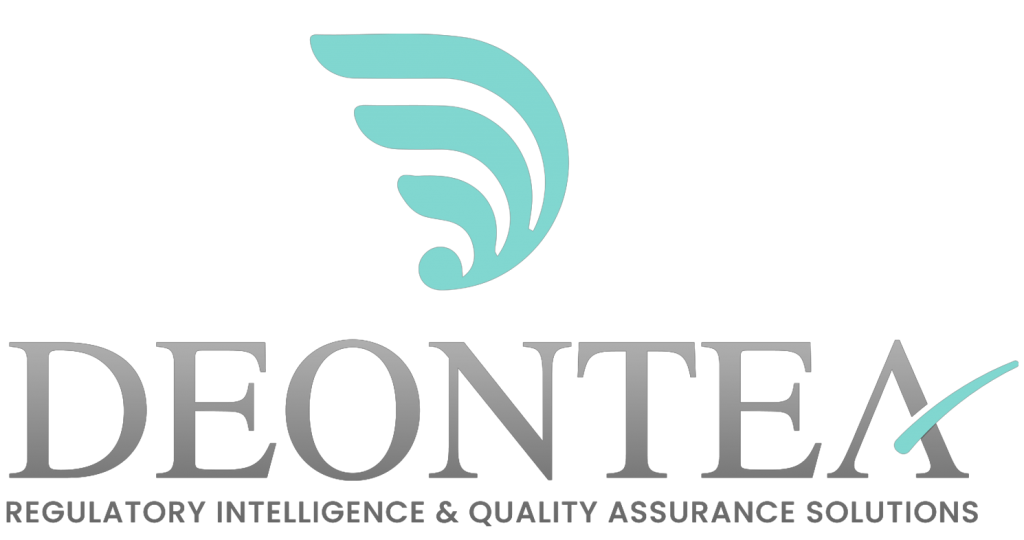Brexit Questions updated
Firms on both sides of the Channel are currently facing an unprecedented challenge: UK has withdrawn from the European Union after 48 years of membership. The EU-UK Trade and Cooperation Agreement is now governing the relationship between both parties and is provisionally applicable since 1 January 2021. This agreement does not include any global framework for financial services with the exception of agreeing to fully cooperating in preventing the use of their financial systems to launder the proceeds of all criminal activities (Title X). Consequently the provision of financial services is now subject to UK national laws for companies carrying out activities in the UK and national/EU laws for those which provide services within the EU.
BACKGROUND
After 2021, the UK and the EU have decided for a different approach. The UK has elected to provide existing incoming EEA Firms with an extended timeline to allow for a smooth transition (the temporary permissions regime or “TPR” and the temporary marketing permissions regime “TMPR”) whilst EU has decided to not grant any specific facility. provide. Some EEA countries such as Denmark, Luxembourg or Belgium have opted nevertheless to allow incoming UK Firms to keep providing their services if registered with the local NCA before obtaining a full license (2/3 years).
QUESTIONS
Passporting
Passporting (Freedom of Establishment (FOE) or Freedom of Services (FOS)) is the process that allows EEA financial institutions to sell their products or provide their services across all EEA countries without the need to be authorised, set-up local subsidiaries or get a regulatory approval for each country they wish to provide services in. Since the UK has left the EU, it has become a “third country” for the purpose of EU regulatory frameworks and the passporting rights have ceased to be available for both the UK incoming Firms and the EEA incoming Firms
Equivalence Regime
Equivalence regime is not another word for passporting! The EU-UK Trade and Cooperation Agreement that took effect on 1 January 2021 does not include provisions for financial services as it was announced by Michel Barnier the European Chief Negotiator at the beginning of the negotiation process. Consequently financial services will have to operate under what is called the “equivalence regime” and/or the “Third Country regime” when available. Equivalence decisions are provided for in EU legislation. Please note that only around a quarter of financial services legislation provides for equivalence. This means that while some areas of investment banking and insurance could achieve equivalence, retail banking, payment services and reinsurance cannot.
How does the Equivalence regime operate?
The EU “equivalence regime” does not grant the same right as the passporting regime: it covers a narrow range of investment activities & services and does not apply to all client categories. The EU process to grant an “equivalent status” can last up to 5 years and once granted the equivalence may be withdrawn at virtually no notice. Equivalence decisions are based on an assessment of the results of regulatory regimes, rather than the similarities between different regulatory regimes and consequently operate as a patchwork, with equivalence a possibility in some areas, such as wholesale trading activity, but not in others, such as retail investment funds.
When “equivalence” is granted it does not mean that all requirements cease to apply and business can be carried-out as if the Firm was operating under the previous “passporting” regime: it usually means that individual companies must get registered with EU regulators. A full gap analysis shall be carried-out to ensure that the rights and obligations applying are fully understood and complied with.
Reverse Solicitation
All regulatory frameworks in the EU and the UK provide for the possibility for clients to contact directly at their own exclusive initiative a Firm to seek the provision of a financial service. In MiFID for instance the provision can be found in Article 42. Whilst it may seems that this facility is granting an exemption to carry-on providing services without being authorised either in the UK for incoming EEA Firms or in the EU for incoming UK Firms it is not the case. Indeed, as soon as an activity is carried out and/or a service is provided as a regular occupation or a business is performed on a professional basis this activity/service or business is subject to prior authorisation (e.g. MiFID II – Art. 5, Section 19 – FSMA 2000). ESMA has also provided some guidance on the subject matter in the QAs on MiFID and MiFIR investor protection and intermediaries’ topics (Section 13) and on 13 January 2021 issued a Statement to clarify its position. Finally a Consultation is taking place in relation to MiCA which will clarify further NCAs expectations. Finally, it is important to remember that the provision of investment services starts at the “marketing phase” and not merely when the service is provided.
Regulatory burden
Both UK & EEA countries have implemented very similar regulatory frameworks stemming from EU Directives & Regulations. Both the UK and the EU are mindful of investors’ protection rights and stability of financial markets: consequently the regulatory burden is quite similar even if some rules may differ on the outsets. Generally, EEA rules and UK rules diverge in subject matters linked to financial promotion & retail investor protection requirements: partial or total prohibition of certain products/services and additional information/reporting requirements. Finally, it i simportant to be mindfull of the fact the UK regulatory perimeter is slightly wider than most EEA countries ones.
Deontea having operations in several European countries can assist you in identifying applicable rules. Contact us for further insights.
Applying for an authorisation
The process of applying for an authorisation in UK or in EEA countries is very comparable as it is based until now on ESMA guidelines. A Firm will have to prepare an application that includes among others an operational and regulatory business plan, provisional financials, map its governance structure and draft adequate policies/procedures suites. The complexity and length of the documentation will be proportionate to the Firm business model and planned operations. Most EU countries, inlcuding France and Luxembourg accept authorisation submission fully drafted in English and will ensure that a english speaking counteraprty is nominated to supervise teh process.
Contact us to learn how we can assist you
Appointed Representative vs Tied agent
Whilst it may seem that the shortest and the least burdensome route to keep on carrying-on regulated activities in the UK without being itself authorised may be to enter into an Appointed Representative Agreement with a UK authorised entity, it shall however be approached with caution. Indeed, numerous obligations apply among other the requirement to grant its principal unrestricted access to its premises and books which may for instance raise some serious confidentiality issues and personal data processing challenges. Also, the status of an Appointed Representative is a UK’s specificity and therefore a reciprocal arrangement will not be possible: the status of “Tied agent” is however available but depending on the countries may be limited to certain activities/services and requires a physical establishement in the EEA country.
Contact us to ask any questions on post-Brexit related matters and/or seek our support in starting, pursuing or completing your Brexit related projects be it in the UK or in the EU. More information can be found on our page Brexit Solutions


